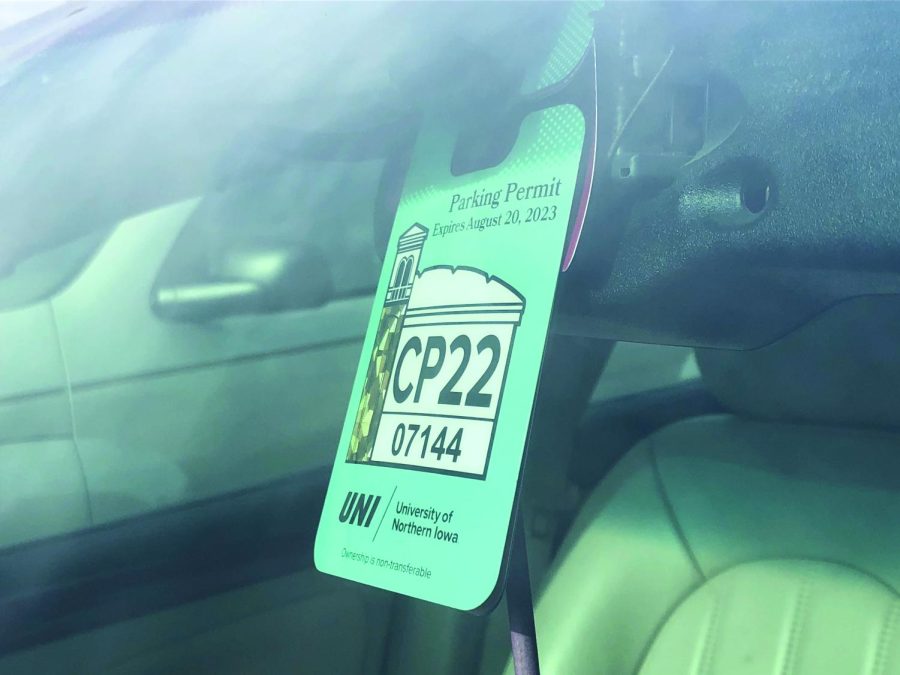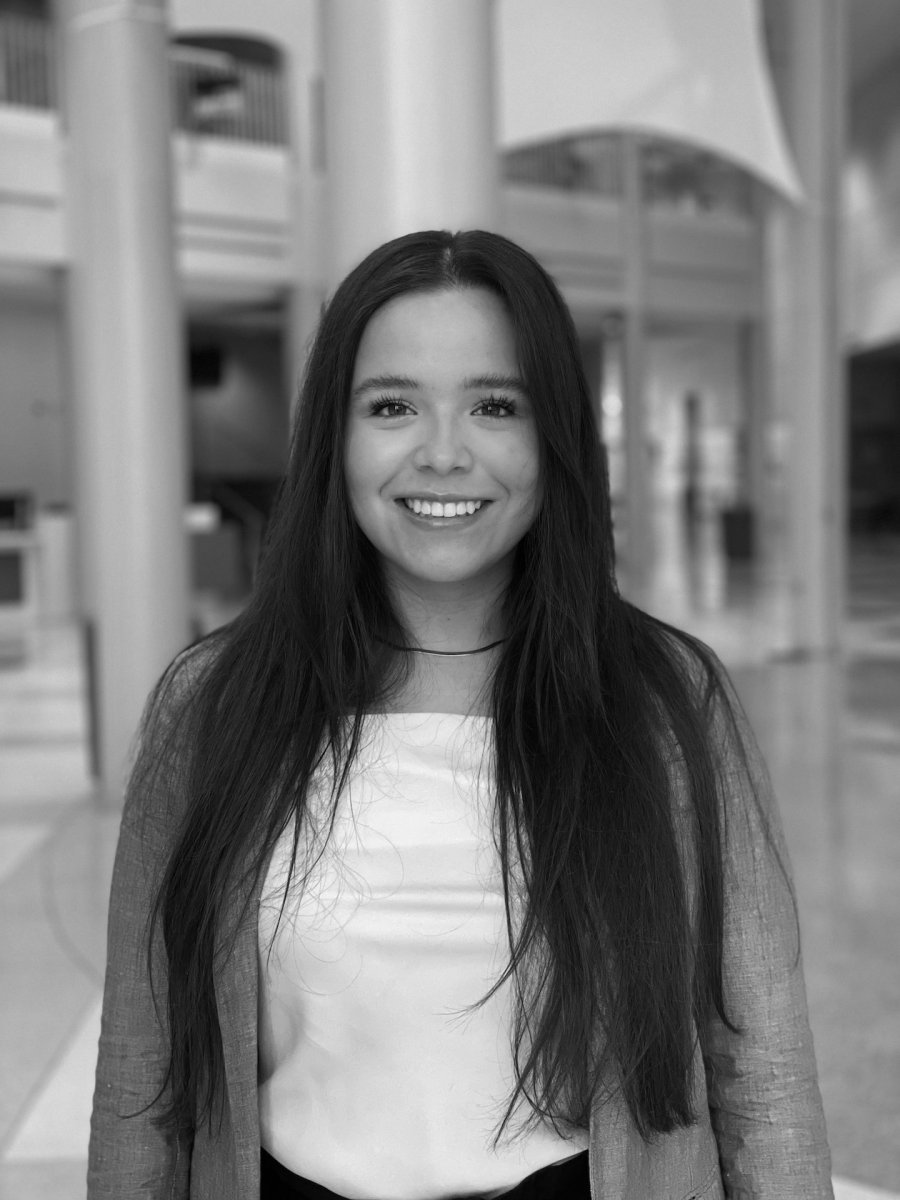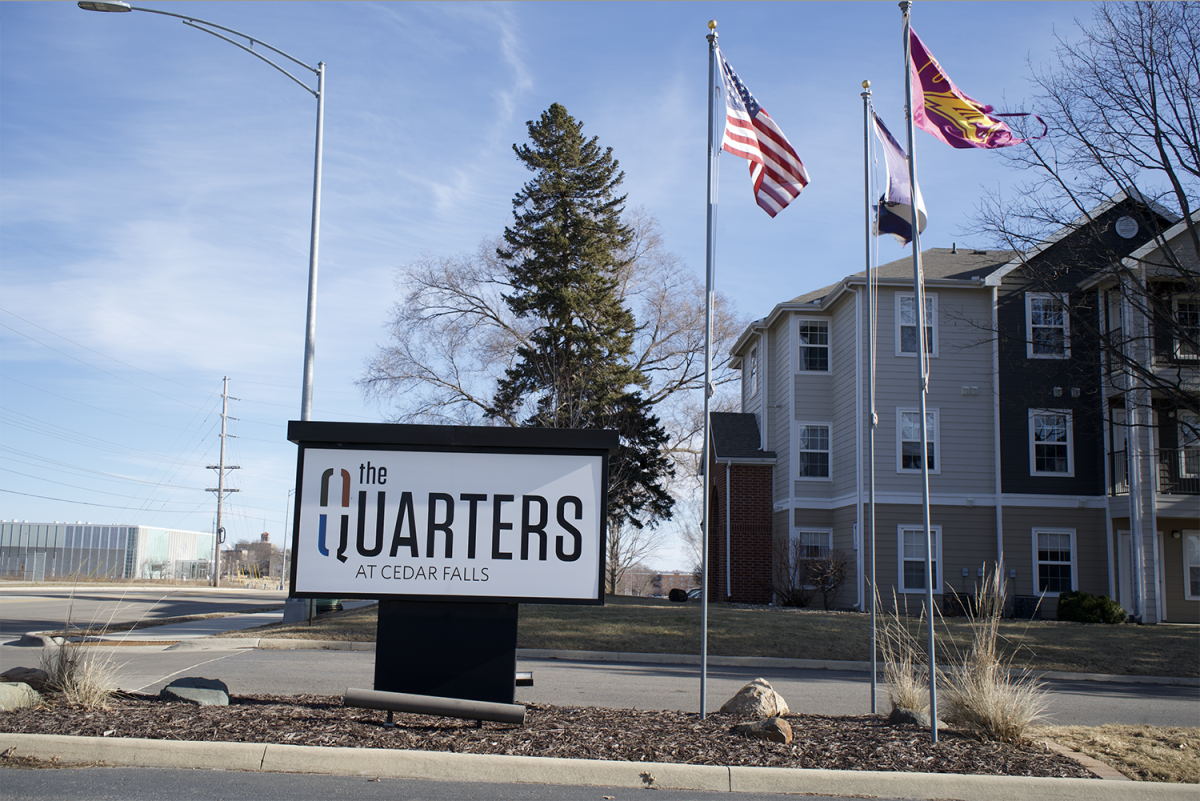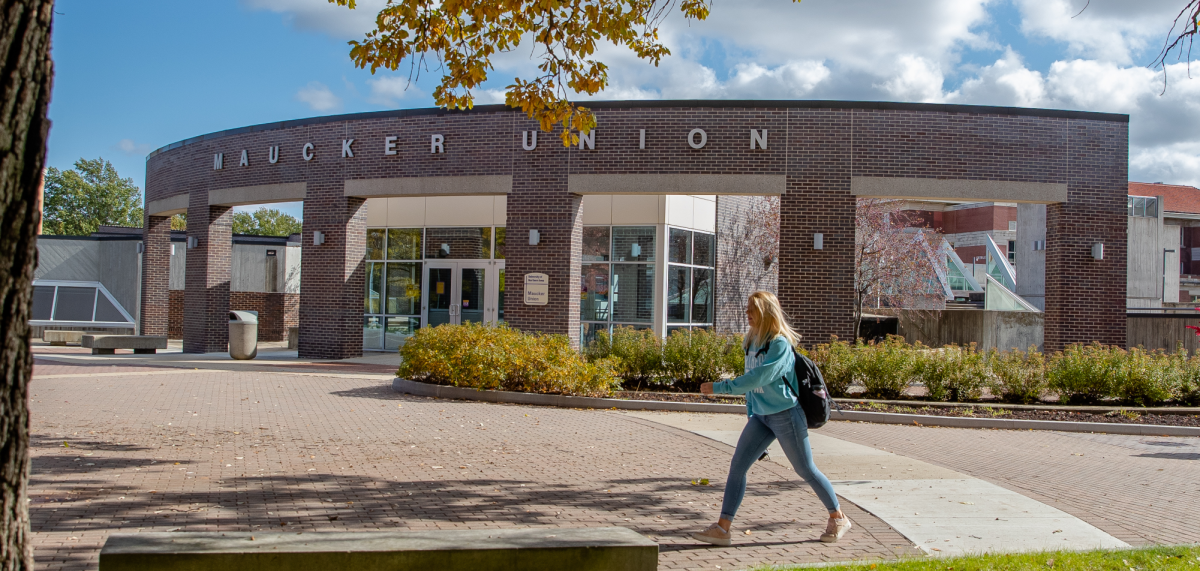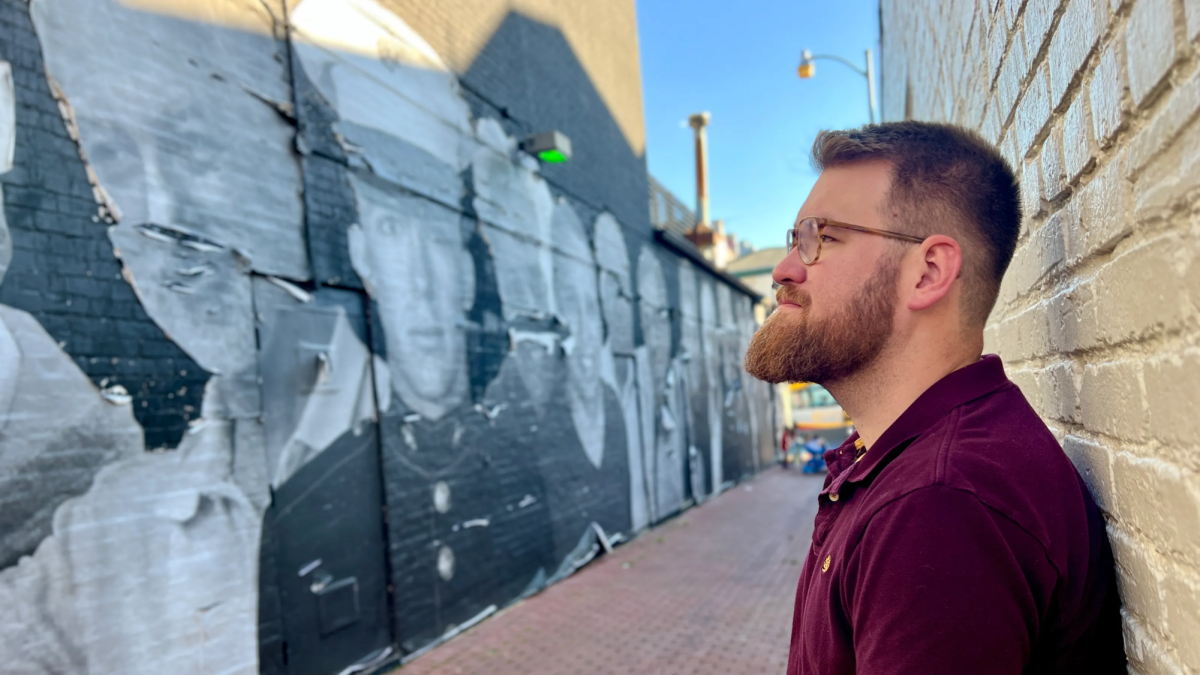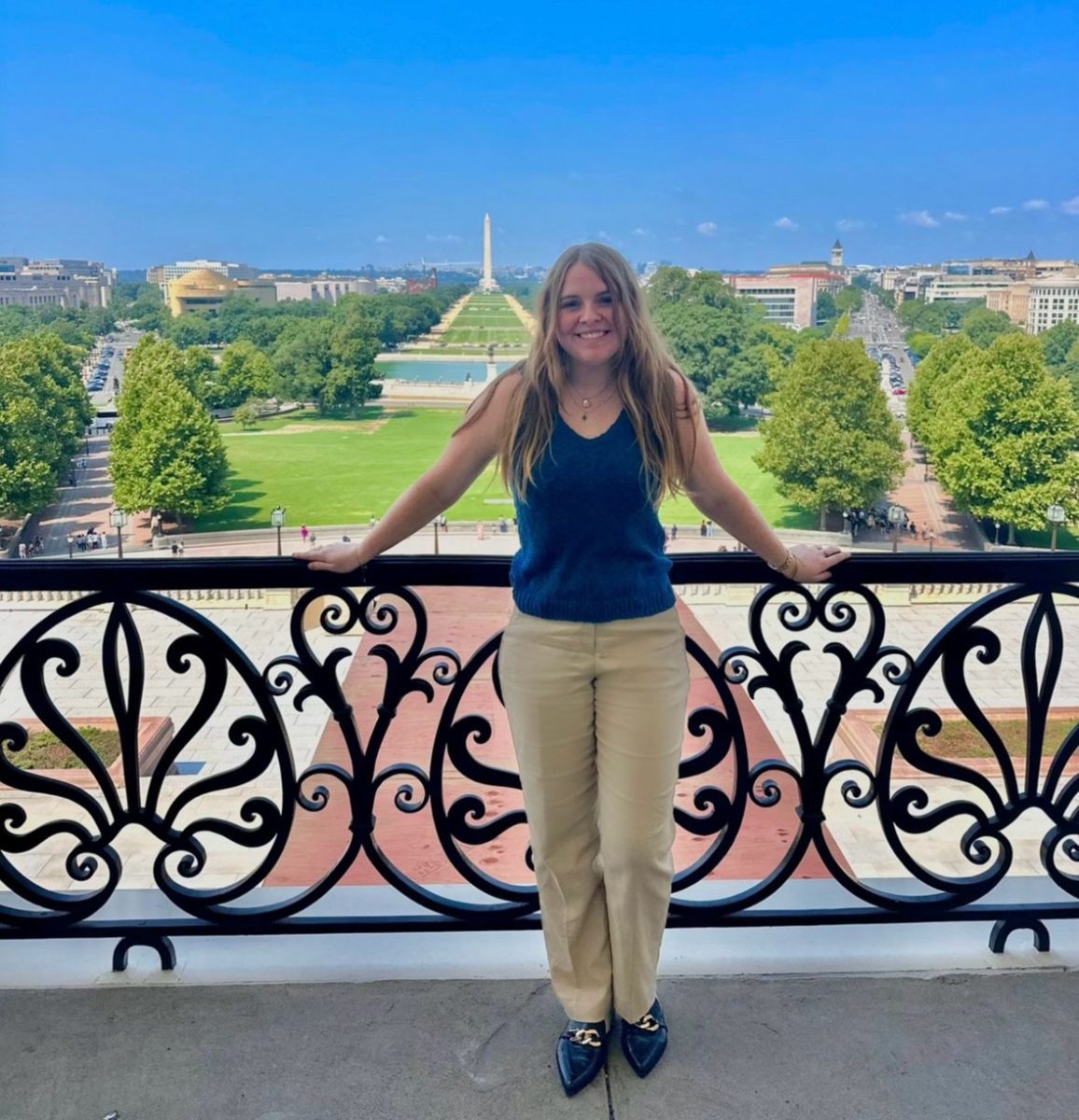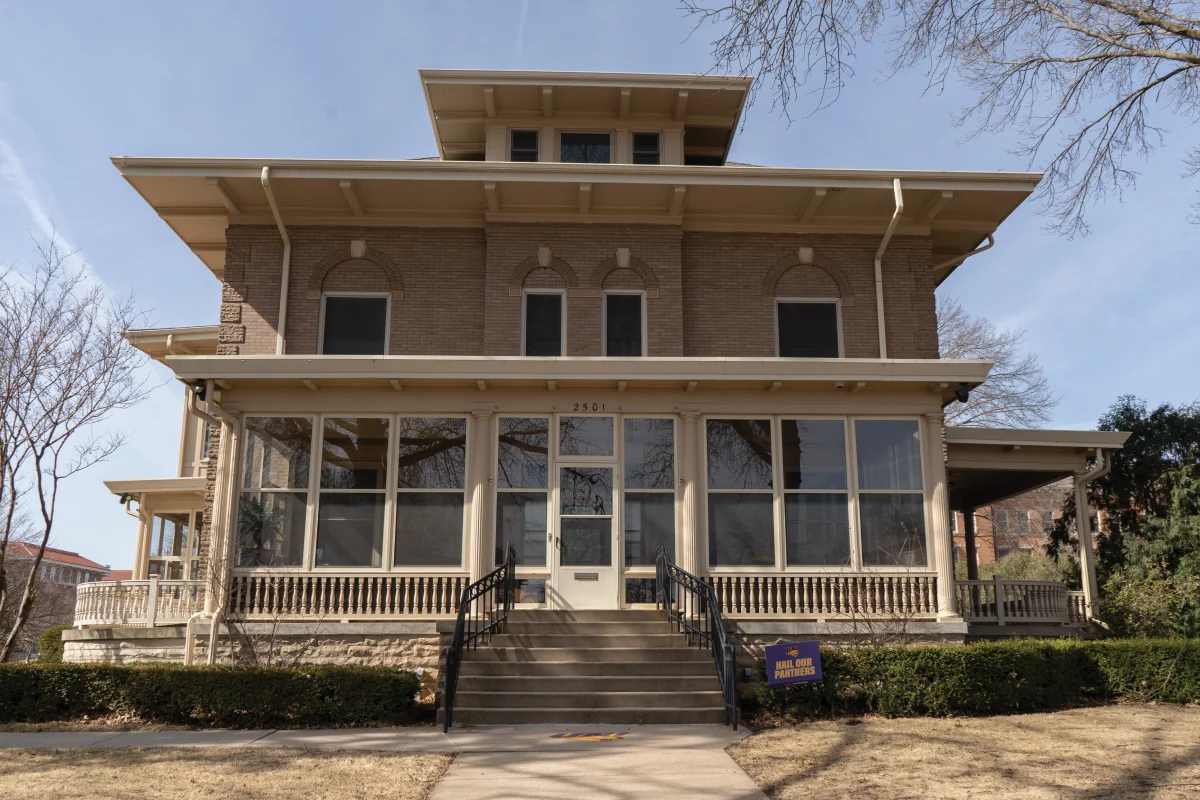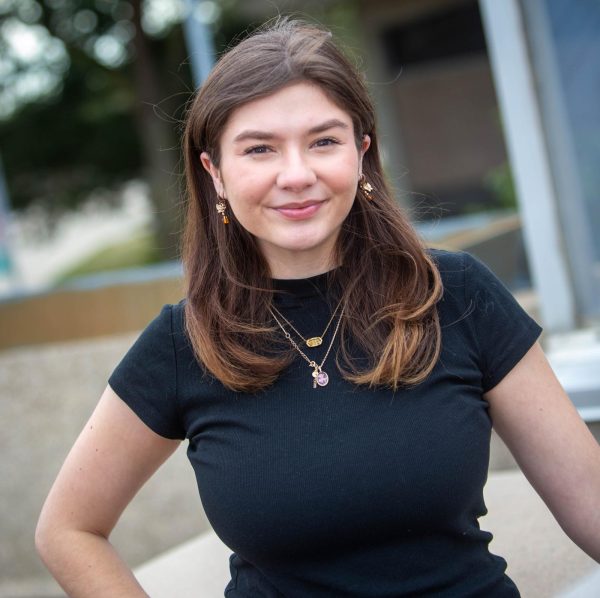The Northern Iowan sat down with President Mark Nook to follow up on his ideas from 2023, and how the university plans to expand upon these ideas into 2025.
What do you miss the most in May when campus empties out and students go home for the summer?
“There’s a couple days in the first few weeks after students leave, and that’s some of my favorite time on campus, right? Because it’s a chance for those of us that work here to just kind of take a breath and start to think about everything that’s happened over the past year and start to think about what the next year will be like. So there’s this sort of restful period as we just all kind of unwind from the hecticness that is the end of the semester. But after those initial first two weeks, it’s like, this is a campus. There’s supposed to be students here. One of the things I miss is as I walk around campus, of course, I’m always running into students, oftentimes students I know or that know me, and just having these casual conversations. Those happen all the time, but over the summer, there’s fewer of them. So it’s still a very enjoyable place, but it’s very different without students and I definitely miss the daily interactions with students a great deal.”
What was one of the highlights of your summer?
“My wife and I went to Alaska for our vacation. So we spent eight days riding the rails in Alaska. We didn’t go out along the coast or fishing or anything like that. We flew into Anchorage, and then took the train up to Denali and on up to Anchorage, Fairbank and took a charter flight up north of the Arctic Circle. That was a big, big highlight.”
Coming into this school year, what are you anticipating the most?
“One of the things that is already going really well is the Our Tomorrow campaign, in raising funds to support students, to support faculty and staff. I’m kind of hoping that during this year we reach our goal of $300 million about a year early, and we’ll continue to blow by that goal. But this year to actually reach that goal, that’ll be a big thing because of what it means to support our students and faculty, and we’ll be able to increase the educational opportunities for students. That’s what this campaign is all about. On top of that, there’s a host of exciting things happening locally and nationally, especially with the presidential election that is going on. I always look forward to working directly with NISG and with Lizbeth Montalvo this year as the (student body) president. We’re both excited, you know, figuring out where they want to go with some student things, or understanding what we’re trying to do as a university, and working together to make that happen.”
Revisiting your interview with Caroline Christensen, the former Northern Iowan Executive Editor, you discussed how the new nursing program and applied engineering building are in the works. A year later, where are those projects today?
“Well, looking back a year later, those projects are kind of coming to fruition. We’re welcoming our first cohort of nursing students into the new facility. We’re also welcoming our first students in the material science engineering program, and those facilities that you mentioned are important. It really is phenomenal what facilities has been able to do to lay that space out and make it work, bring in all the equipment from the beds to the apparatus and the mannequins, it’s really all been amazing to see.”
With DEI being restructured across regent Iowa campuses, how is DEI changing at UNI and how is inclusion being integrated into UNI as an institution?
“As the board of regents wrestled with this, as the state legislature wrestled with this, the one thing that we wanted as a university is to stay committed to our students, and that will never change. Since 149 years ago when UNI opened its doors, we’re here to support every single student and make sure that every single student has the tools they need to be successful. We have a moral obligation to be able to support them and help them get the education they need. We won’t ever back away from that. It’s taken a sort of adjustment, and that’s to be expected. We’ve had to shuffle some things to be in line with what’s required of us from the board of regents and the legislature, but we’re making sure that at the end of the day, we’re still serving the needs of our students and faculty. That’s something that could never change.”
You have a Ph.D. in astronomy and you’re the president of a university with more programs than I could count, what programs here intrigue you the most? If you could follow a student around for the day, what kind of programs would you want to explore?
“That’s really hard! I don’t know if I could pick just one. I really love watching what the theater program does every year. It would be really fun to sit in on a couple of those classes. I’d love to see what the music students do as well, sit in on those classes. The gerontology program, especially with the dementia simulation house, that would be just so cool to see, too. There’s so many programs here that are so interesting but spending my own time as a student studying sciences, I would love to see the different art programs.”
What’s one piece of advice you wish you could tell each student when they graduate from UNI?
“It probably changes every time somebody asks me, but I think one of the things I would like to tell everybody, and one thing I tell my kids, is spend some real time thinking about the investment you want to make with your life. You’ve got the education you need to move into a career. You’ve got a relatively short time here, how do you want to use that time to invest in yourself and others? What portion to your career, what portion to your family, what portion to your community? What are the things that are important to you, and then figure out your purpose; and your purpose can change, but set a strong moral compass. What’s your North Star?”



